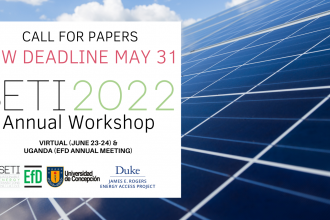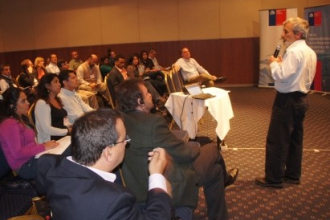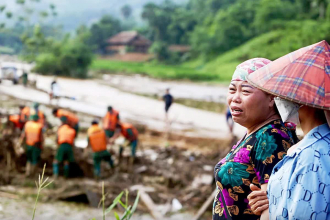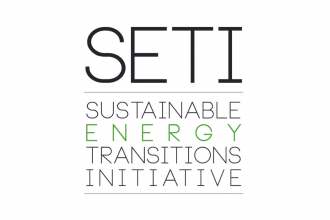Typhoon Yagi hit Vietnam in September 2024, becoming the most powerful storm to strike the country in 70 years. It caused widespread destruction in the northern regions, resulting in extensive humanitarian efforts and demonstrating the nation’s spirit of unity. This wave of generosity caught my attention particularly because it aligns with fascinating findings from a recent study by EfD researcher Ho Quoc Thong and his team, which looked at how awareness of donations influences people’s willingness to help during crises, particularly examining how this varies between men and women.




